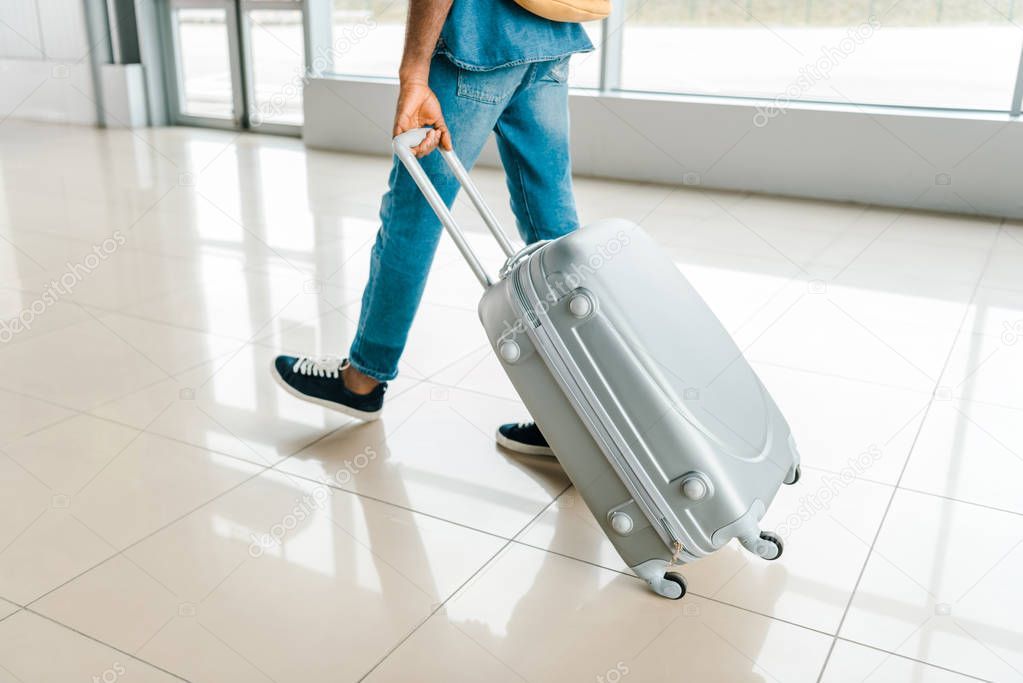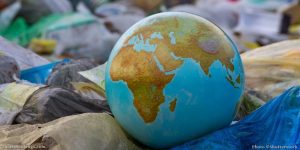Only a system as complicated as the European Union’s could help finance the COVAX facility to make sure the rest of the world has access to coronavirus vaccines, while potentially raising barriers to entry to Europe on the grounds that its regulatory agency doesn’t recognize these same vaccines. This is exactly what the EU has done with the Digital COVID Certificate.
Launched on July 1, the pass aims to ease travel within and (in theory) to Europe for EU citizens and residents who are fully vaccinated or have recovered from COVID-19.
Currently, this easy-to-use vaccination passport — designed to spare travelers cumbersome and expensive quarantines or multiple PCR tests — is valid only for recipients of one of the four vaccines approved by the European Medicines Agency (EMA): Comirnaty (BioNTech-Pfizer), Janssen (Johnson & Johnson), Spikevax (Moderna) and Vaxzevria (Oxford-AstraZeneca).
Not included on this list of approved vaccines, however, is Covishield: the Oxford-AstraZeneca vaccine that was produced under license by the Serum Institute of India. As of July 2, the COVAX facility had distributed more than 95 million COVID-19 vaccines to 134 mainly low- and middle-income countries — the vast majority of them Covishield. Specifically, the India-made vaccine accounts for 96 percent of doses delivered in India and more than 90 percent of those given in Africa, according to the Africa Centres for Disease Control and Prevention.
The reason the Digital Green Certificate doesn’t recognize Covishield is that the vaccine does not currently carry market authorization within the EU, and its manufacturing site has not been assessed — both of which are required steps for the vaccine to receive EMA approval. The institute now states that it will submit a request for approval, but in the meantime, Covishield recipients are in limbo.
Were similar vaccine passports to become the norm for international travel, the Green Certificate could set a precedent that makes travel to Europe all but impossible for those who have been double vaccinated with Covishield.
The EMA does say that member countries are free to make their own decisions to accept travel certificates for vaccines that are not on its approved list. And under threat of reciprocal bans on entry to India for their nationals, 11 European countries have already signaled they will accept Covishield vaccinations as valid for travel. These include Austria, Belgium, Germany, Ireland, Slovenia, Greece, Estonia and Spain, as well as Schengen zone members Switzerland and Iceland. However, individuals will only be able to travel to these individual countries, not within the EU.
In the long run, these rules could be an economic own goal for Europe, which needs people to move for business and tourism. More immediately, it exacerbates vaccine inequality between industrialized and developing countries and undermines the call of all those who mobilized for a new, equal partnership. Furthermore, the EU move may fuel wider resistance to vaccination in the developing world.
Denying Green Certificate eligibility to Covishield effectively creates two classes of vaccines. It also sets the EU in opposition to the World Health Organization (WHO), which has approved eight vaccines against COVID-19. The lack of EU recognition for identical AstraZeneca vaccines presents even more of a double standard, as WHO and the EMA use the same criteria and methodology to assess vaccine safety and efficacy.
The world needs more vaccines, and fast. COVAX is supposed to be the international mechanism to immunize the global population, using vaccines that meet WHO standards. There are huge international efforts underway to increase the number of sites around the world that can produce vaccines, and Africa is the top priority because of its large population and limited manufacturing capacity.
The EU proclaims solidarity through vaccine doses exported, funds donated to COVAX and a new €1 billion initiative announced in May to help develop vaccine production capacity and medical technology in Africa. But for developing countries struggling to contain the virus and experiencing the greatest hit to their economies, the Green Certificate exclusion adds insult to injury.
Europe has already earned a yellow card for undermining global efforts to control measles and other vaccine-preventable diseases through its failure to tackle vaccine reluctance. Now it risks a red as its actions raise fears about COVID vaccines’ efficacy and increase hesitancy in places where people don’t have the luxury of choosing which vaccine they get.
Europe says it wants to be a trusted partner for Africa, supporting efforts for strategic autonomy in medical supplies. But warm words ring hollow if the medical supplies funded by Europe result in discrimination and exclusion.
By not recognizing Covishield and other WHO-approved vaccines for the Digital Green Certificate, the EU is setting a precedent and shooting itself in the foot, both ethically and politically. If this bureaucratic blunder is not fixed fast, it will do lasting damage to Europe’s credibility in Africa and across the developing world.
Source: Politico






